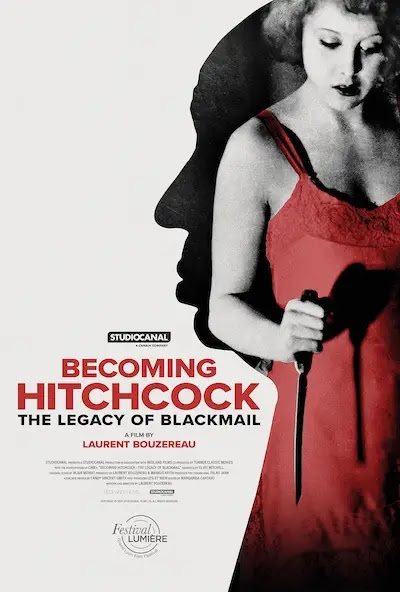From Chapter 14. Training for the Aged
Masters lifters should know a few common-sense rules, if they can stand it:
- Know where you are in your training progression, and try to act like it is important to you.
- If you are a retired competitor, resist the temptation to try to do things you think you "ought" to be able to do. Be realistic about this and things will go better.
- If you're an older novice, you're not going to grow as fast as a younger person, and if you are a retired competitor, you sure as hell aren't going to grow as fast as you used to. Don't eat like you are. This is how people who are actually in pretty good shape get to look like they're not.
- Don't be afraid to take a day, a week, or a month off if you think you need it. It won't kill you, but not doing so just might.
- Approach new exercises with respect. When adding a new movement to your program don't ever go as heavy as you can the first time. Aim for about half of what you think you can do, and the second time go about 75%, saving the heavy effort for the third time or beyond. This may be the best advice in this whole sorry article. Please heed it.
- Listen to your body. That is cliche, but things get to be cliches for a reason. If your elbow is pissed off, don't blame it -- blame you, and don't just go ahead and press heavy anyway. This will be the most ignored advice in this article.
- Training is supposed to be fun, at least most of the time. If it stops being fun, maybe you are doing something wrong. This is also not training's fault, it's yours. Take a short layoff and then change something.
Enjoy Your Lifting!
May, 2025. 104 pages.
Steven Cohan's study of the film disentangles its production history and subsequent notoriety from the film itself, reconsidering the ways in which it playfully challenged generic and gender conventions of the 1950s. He provides an in depth analysis of the film's near perfect comedic structure, Wilder's aesthetic choices and self-reflexive star performances by Curtis, Lemmon and Monroe.
2024. 72 minutes.
Exploring Hitchcock's iconic style through his early film "Blackmail," an insight into the director's emerging techniques and themes during the transition to talkies, showcasing elements that would later define his masterpieces.
Based entirely on archived material.




No comments:
Post a Comment